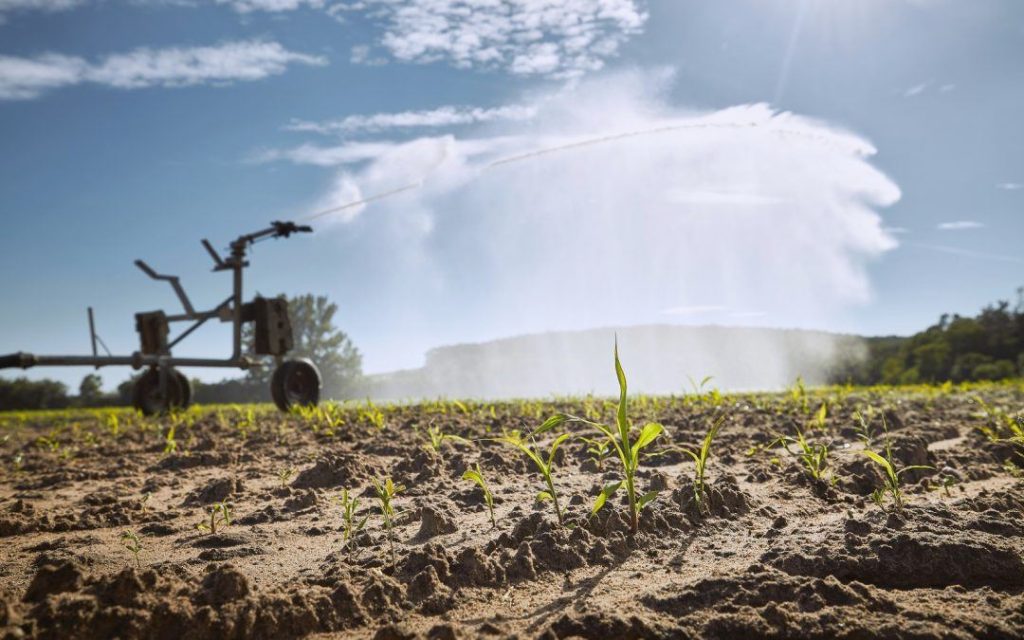In the heart of Oyo State and a corner of core areas in the state, where agriculture reigns supreme, we embarked on an investigation to uncover the pressing water-related problems crippling the agricultural practices in these regions. We ventured into the fields, speaking to farmers, who are the backbone of these communities. In Ogbomoso, one farmer raised a concern that resonates with many others in the region. “Though there’s rain at the moment”, he began, “I wish I could store this rain for the times when it won’t come. I’ve encountered persistent issues with my cucumber farm, especially when the rainy season recedes”. He expressed frustration in his inability to replicate the techniques he is seen white farmers use in far-off lands via YouTube. As the dry season descends, he faces the daunting challenge of ensuring a consistent water supply. “My traditional approach,” he revealed, “involves fetching water from a nearby stream to keep my crops hydrated.”
Another farmer, hailing from Irawo in Oyo State, offered his perspective. “Rainfall makes me happy”, he admitted, “but my village is dotted with stones and rocks that I believe hinder water availability in the soil”. The consequence of this is evident in his crops, which often exhibit yellowing leaves and produce of inferior quality during the dry season. Planting during this period is an additional headache, with many of his crops failing to thrive. He also recounted an initiative in his area that offered to assist with irrigation using machines and pumped water, but financial constraints came into play when sudden spikes in petrol prices disrupted this service. In the bustling city of Ibadan, a corporate farmer added his unique perspective to the discourse.
“I have grappled with the issue of water scarcity”, he disclosed, “especially during the dry season, where I resorted to point irrigation for my plants”. While the technique had its merits, it came at a considerable cost. “I’m yet to recover from the financial setback it caused,” he admitted. Adopting new technologies like mulching to prevent water loss appeared to be a promising solution. However, the corporate farmer faced unexpected challenges with this modern approach. “The traditional method”, he noted, “had its drawbacks too, as it led to debts when a fire incident destroyed my mulching setup last year.”
Water scarcity challenges in agricultural practices are multifaceted, impacting farmers from different walks of life and regions. These issues range from the availability of water during dry spells, access to modern irrigation techniques, and the financial strains imposed on those who endeavour to adopt new technologies. The testimony of these farmers underscores the need for innovative solutions, improved access to water resources, and support systems to bolster agricultural sustainability in the face of water-related challenges.

